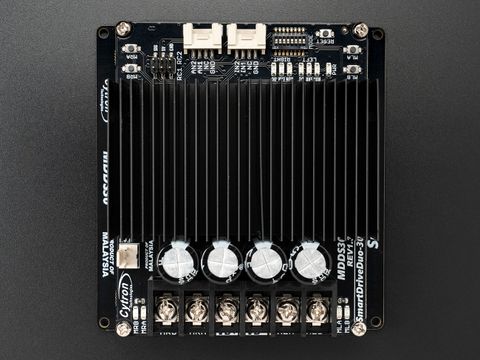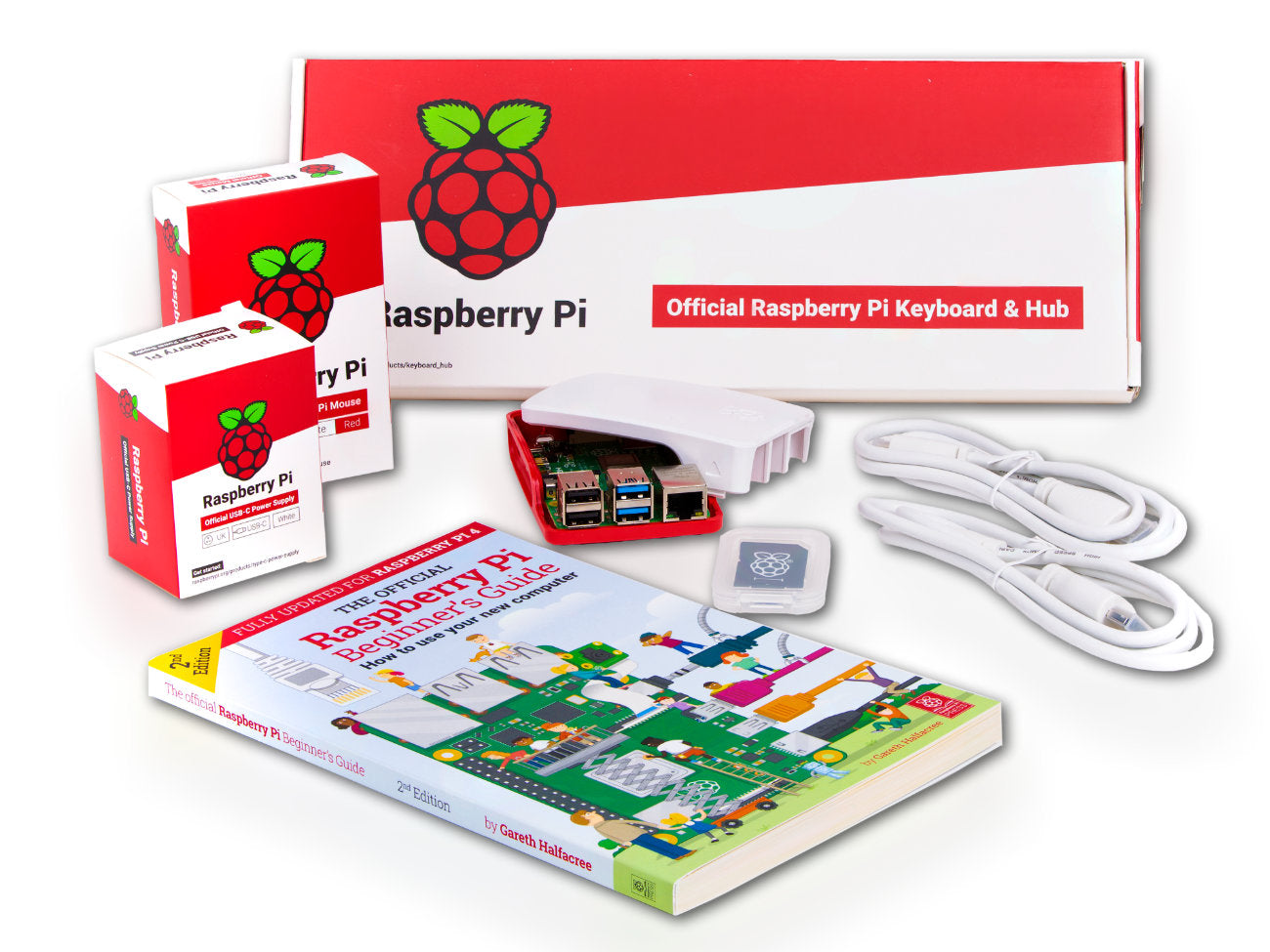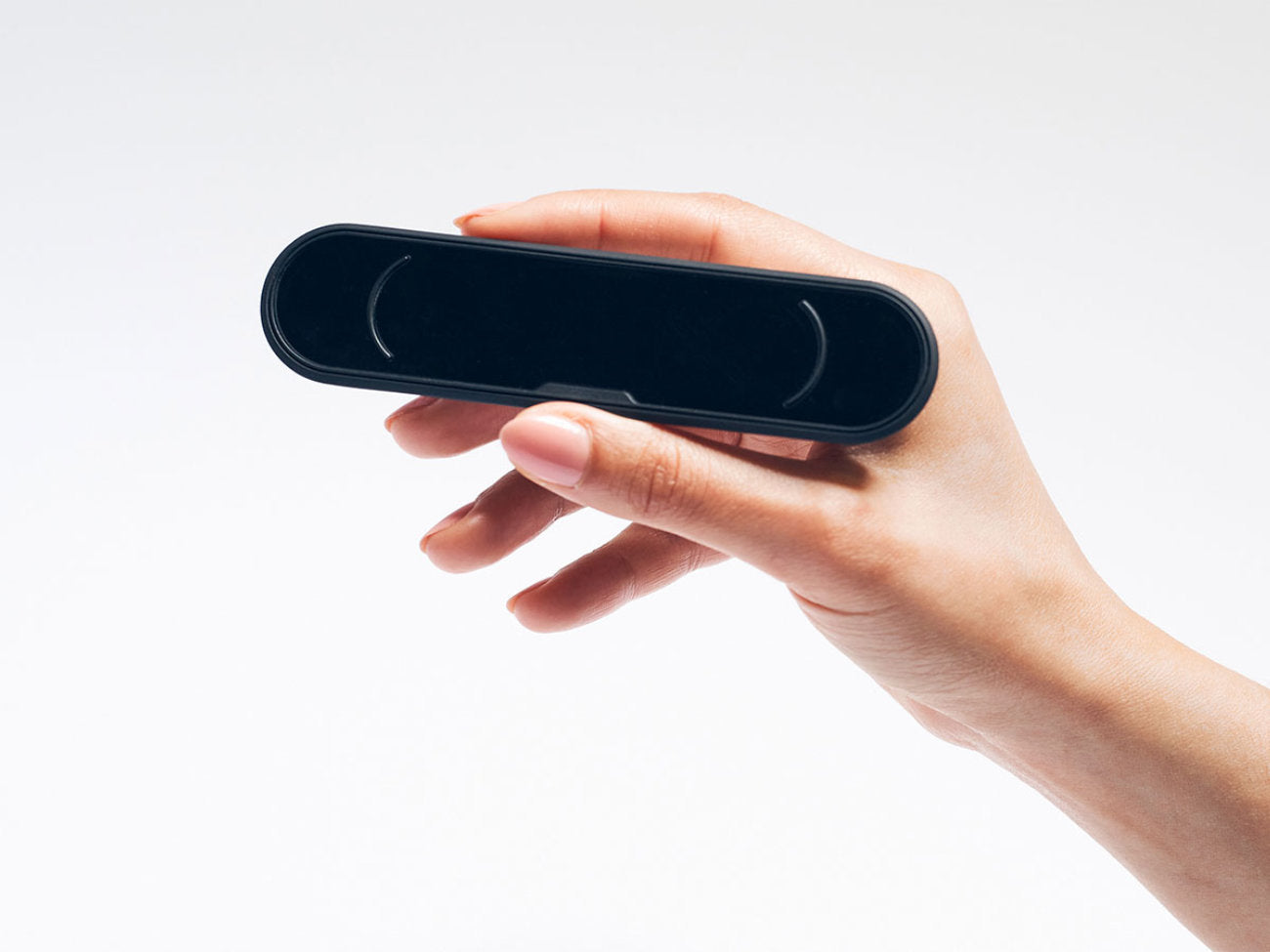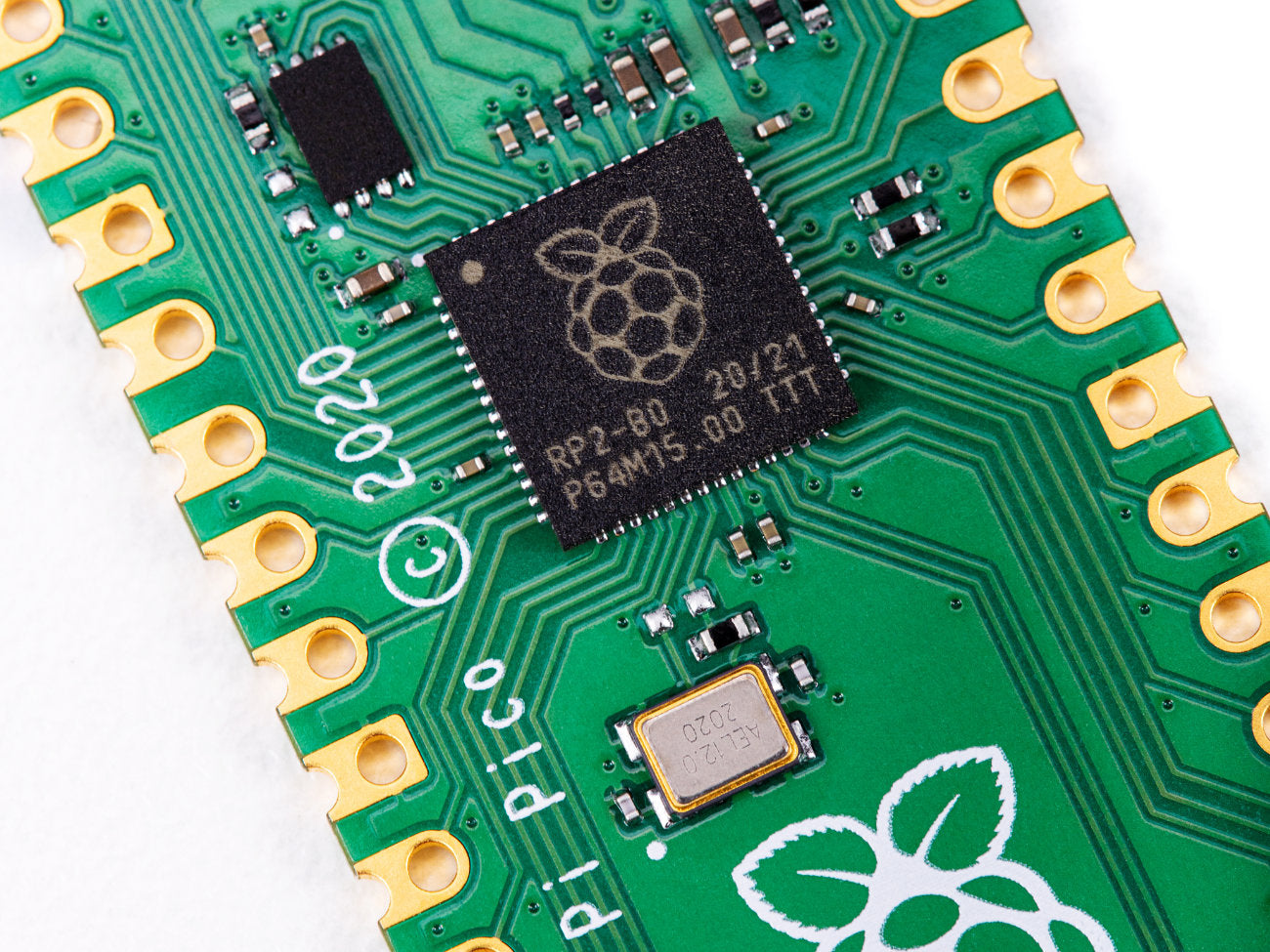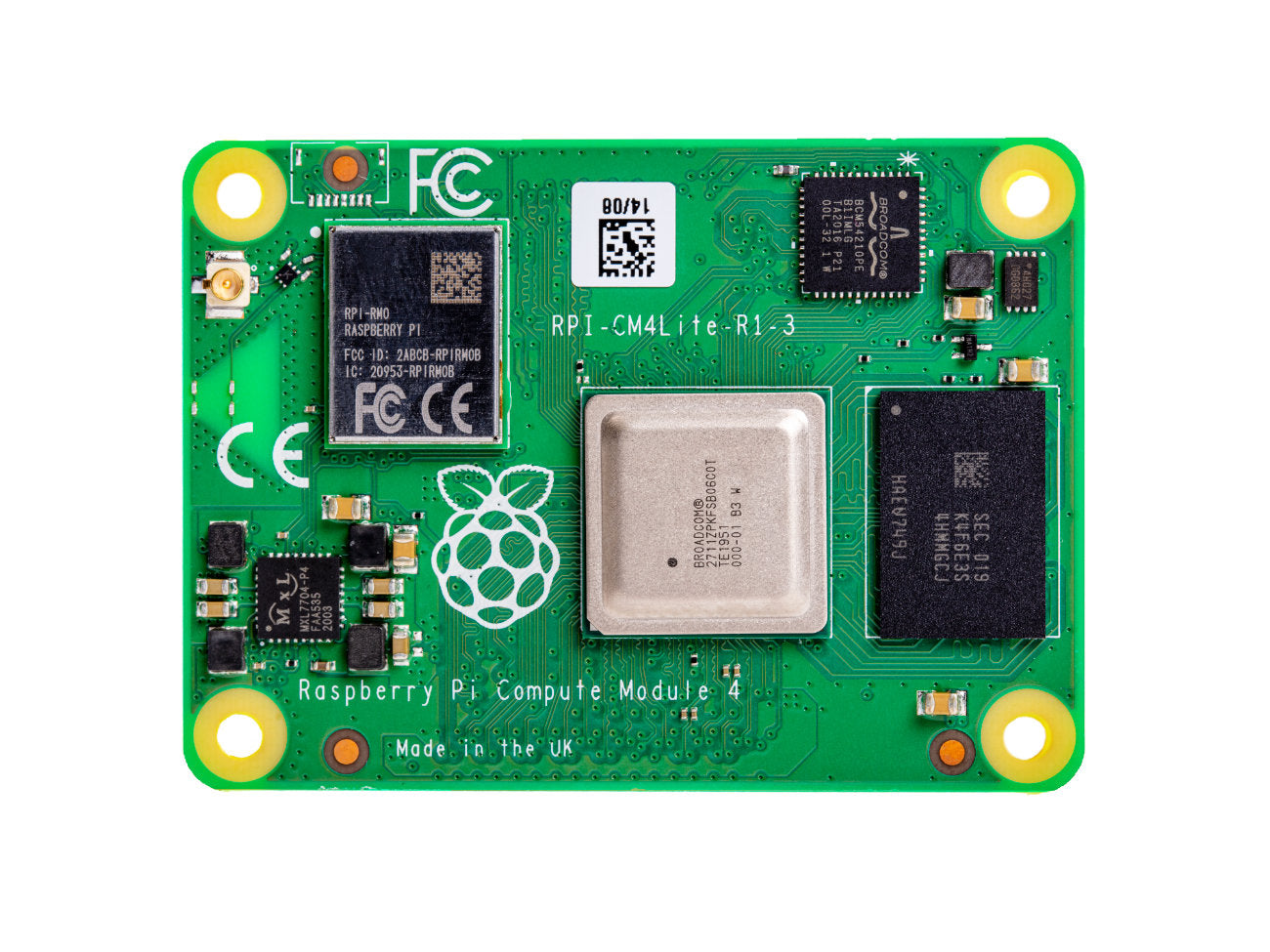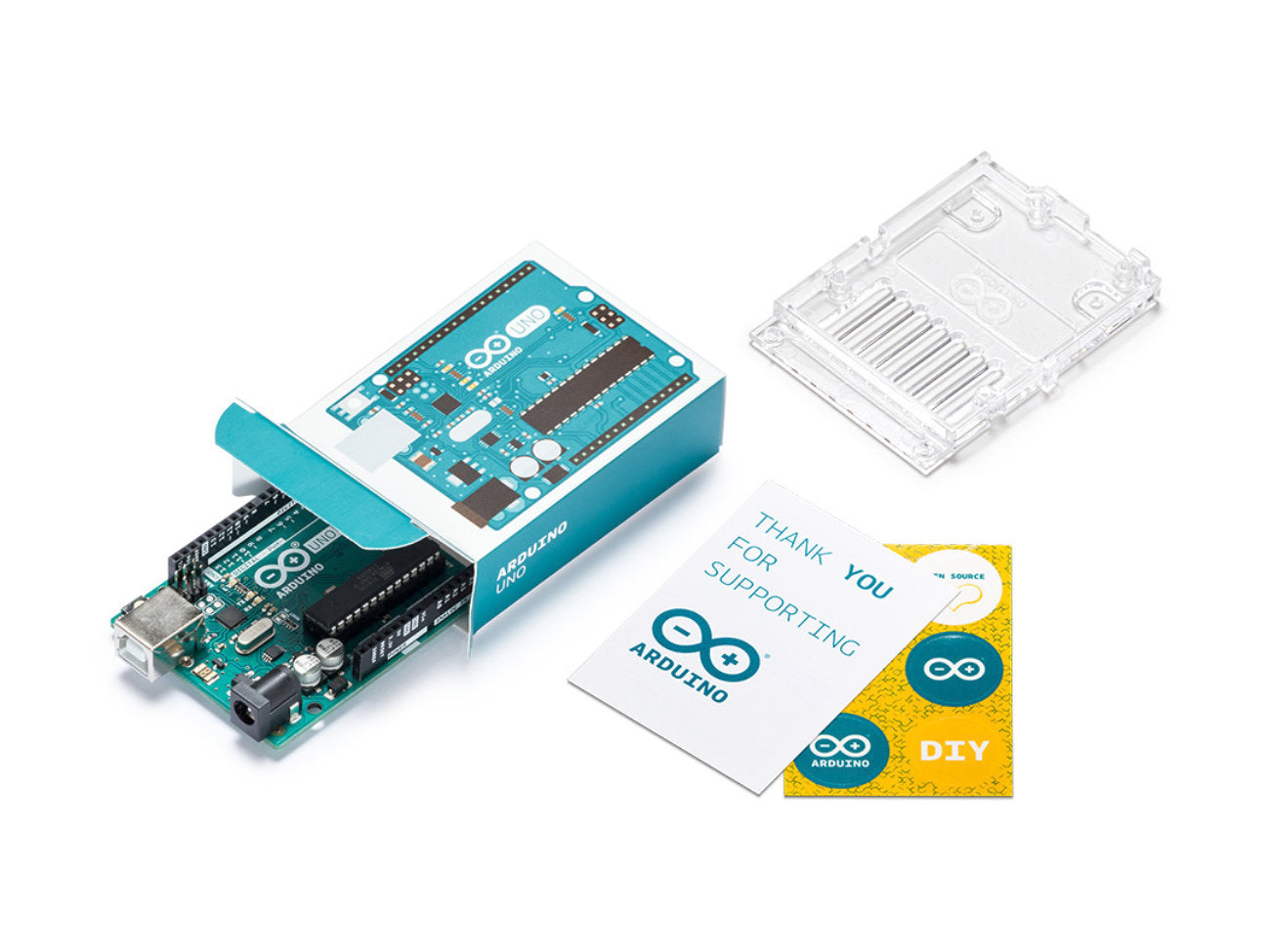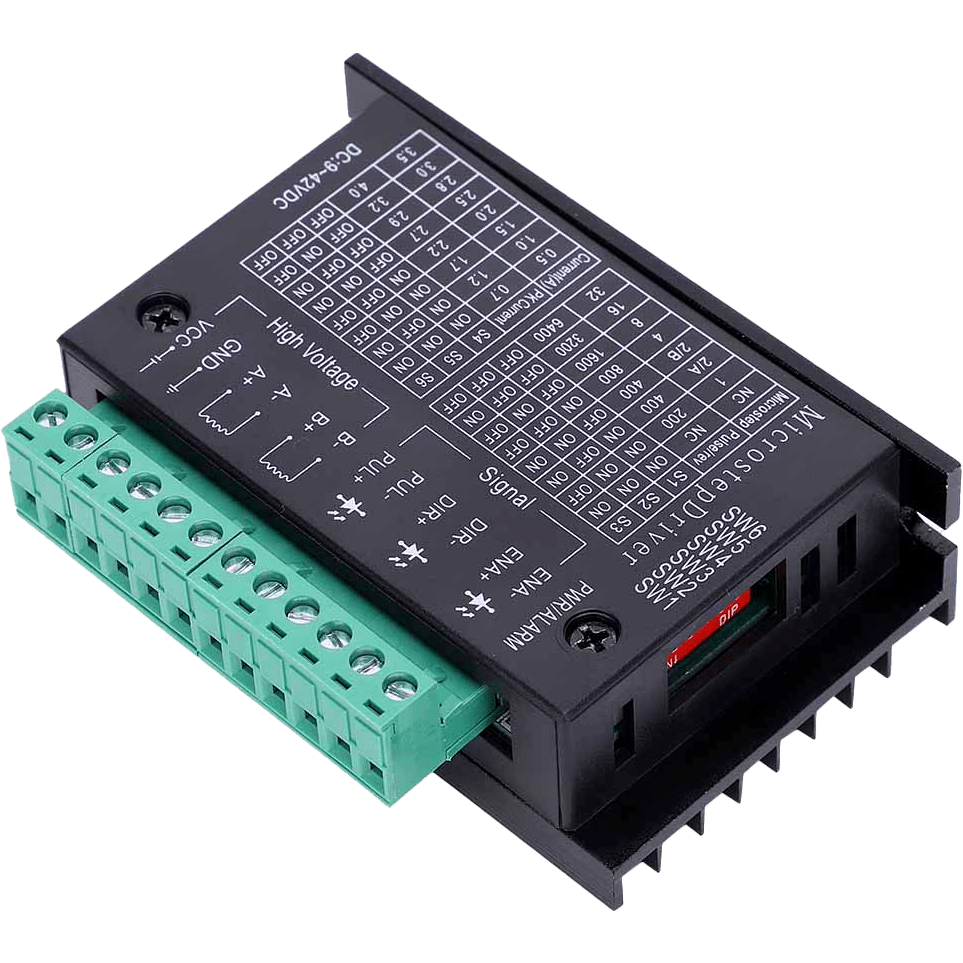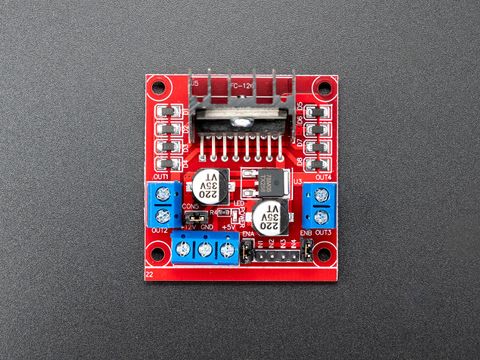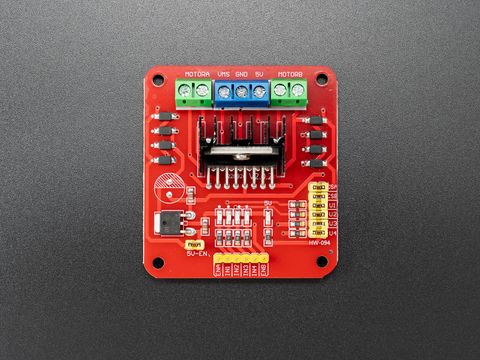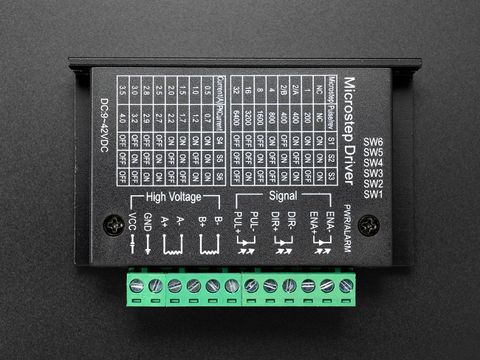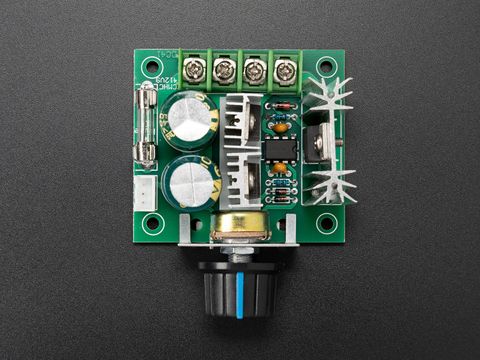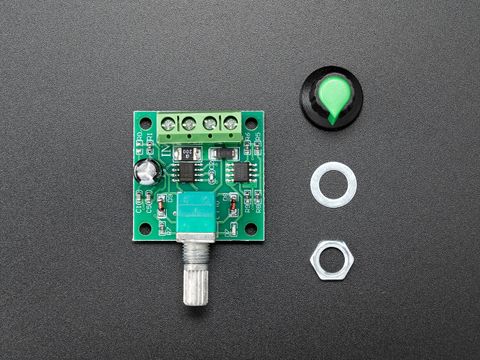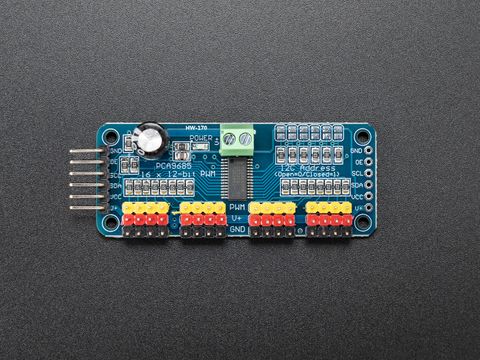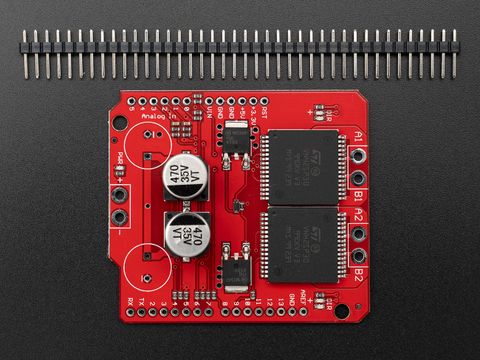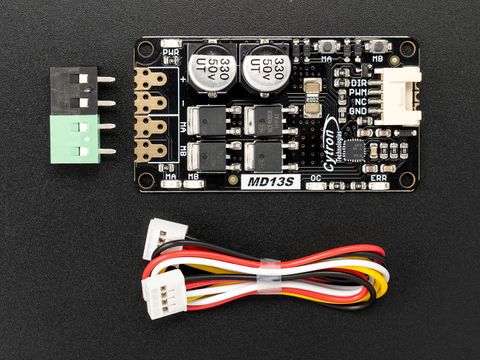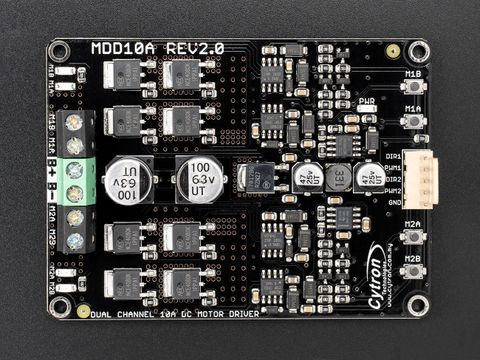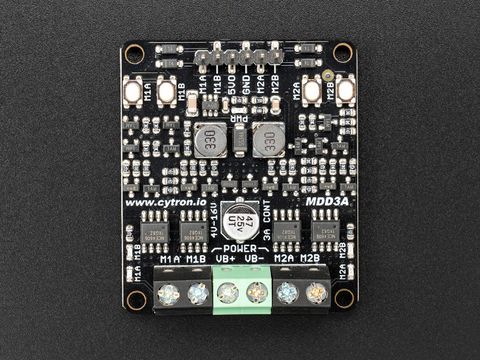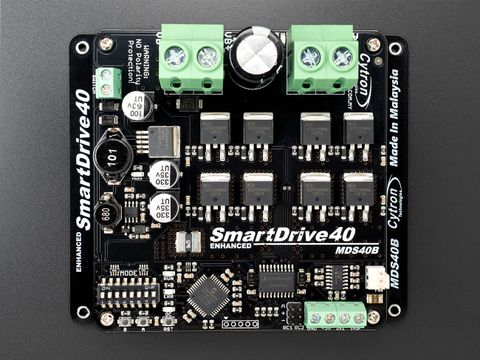Motor Drivers
Motor drivers are devices that act as an interface between a motor and a control system, such as a microcontroller or a computer. Motor drivers are crucial for precise control over the speed, direction, and torque of motors. They are widely used in applications ranging from small DIY projects to industrial automation systems.
The basic functionality of a motor driver inlcudes voltage & current control, direction control, speed control and torque control. In voltage and current control drivers regulate the amount of voltage and current supplied to the motor, in direction control the driver changes the motor's rotation direction as most DC motors changes direction by reversing the polarity of the voltage, in speed control driver adjusts the input voltage or using pulse-width modulation (PWM) motor drivers can control the motor's speed and in torque control motor drivers can also regulate the torque produced by the motor.
Types of Motor Drivers
H-Bridge Motor Drivers: Common for controlling DC motors, allowing direction change by reversing the polarity of the voltage applied to the motor.
Brushless DC Motor Drivers: Specifically designed for brushless motors, these drivers control the timing and direction of the current to the motor's coils.
Stepper Motor Drivers: Provide precise control over stepper motors by regulating the step sequences, essential for applications requiring accurate positioning.
